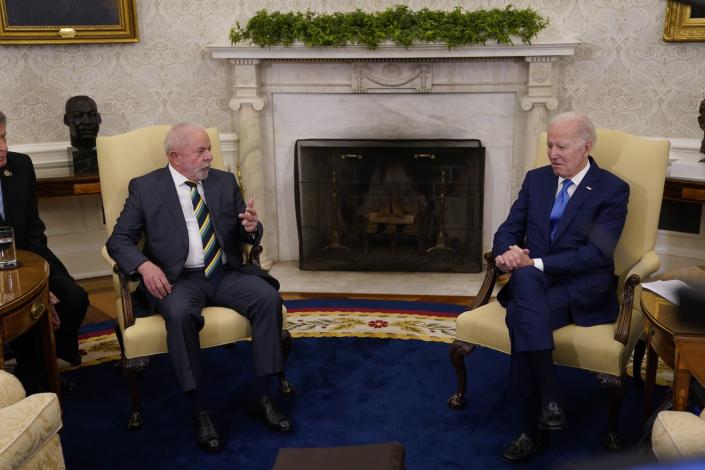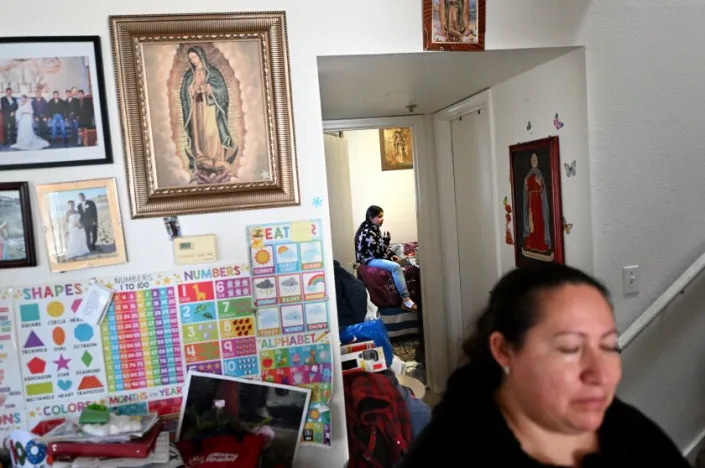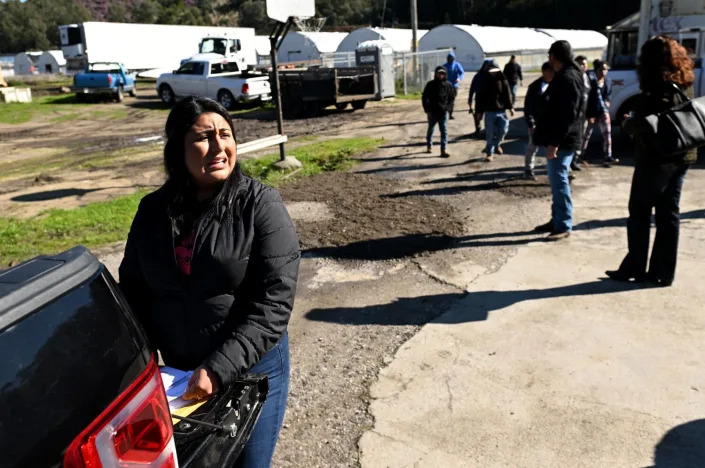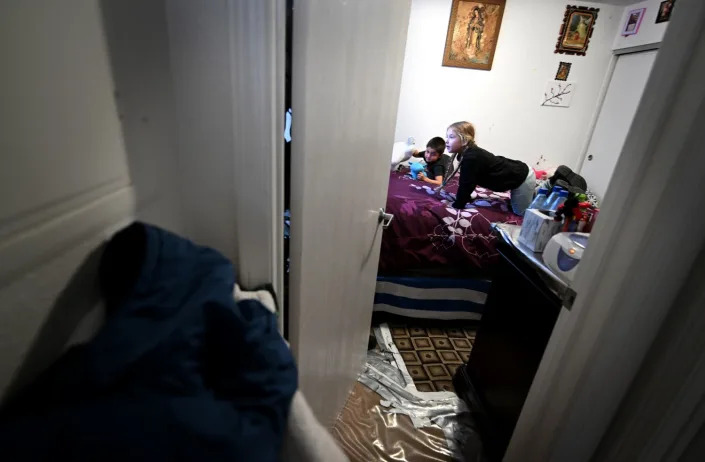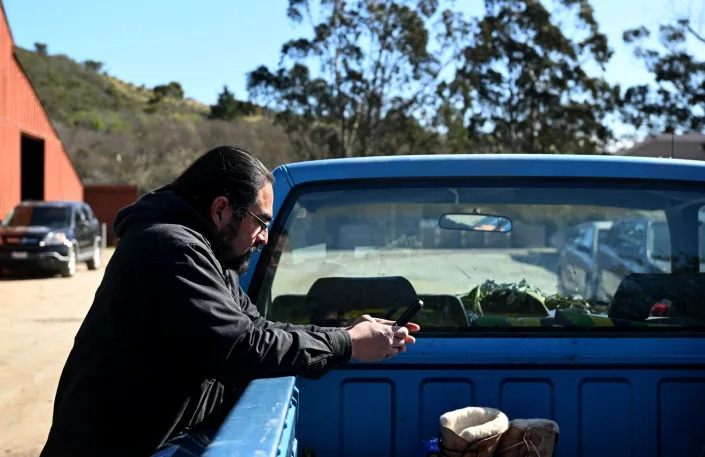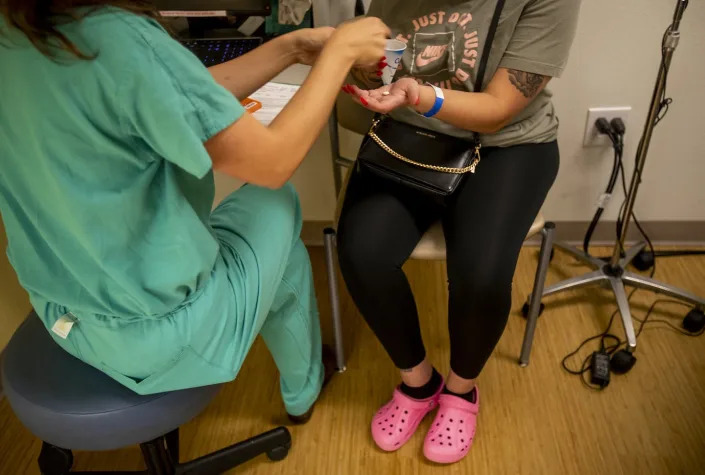Christine Sinclair and Janine Beckie confirmed the players' strike to TSN's Rick Westhead on Friday, citing ongoing pay equity issues and "unfair" budget cuts.
Elias Grigoriadis
·Writer
Fri, February 10, 2023
Canada Soccer decided to make "significant cuts" to the women's national program, the players said in a statement.
Canada Soccer’s tense relationship with its national teams is somehow getting worse, as the women's side on Friday announced their intention to go on strike less than six months away from the 2023 World Cup.
The team released a statement explaining their decision to strike, while demanding better treatment and equal pay and condemning the actions of the federation’s leadership.
"The Canadian Women's National Soccer Team is both outraged and deeply concerned with the news of significant cuts to the national team programs for 2023," the statement reads.
Defending Olympic champions and three-time medalists, the women's side has been the driving force behind Canada’s success on the international stage for the better parts of two decades. Despite this, their budgets at every level have repeatedly been cut due to financial hardships, prompting fewer and smaller training camps, youth program cuts, and unanswered questions surrounding financial compensation.
"We have been patiently negotiating with Canada Soccer for more than a year," read the statement. "Now that our World Cup is approaching, the Women's National Team players are being told to prepare to perform at a world-class level without the same level of support that was received by the Men's National Team in 2022, and with significant cuts to our program — to simply make do with less."
Having reached their breaking point, the players have announced their intention to receive fair and equal treatment by any means necessary. This comes in light of the team being days away from partaking in the SheBelieves Cup against other international powerhouses before the Women’s World Cup in Australia and New Zealand this summer.
"If Canada Soccer is not willing or able to support our team, new leadership should be found. We are committed to do whatever it takes to create public awareness of this crisis and to force Canada Soccer to start to support the national teams properly," concluded the statement.
Christine Sinclair and Janine Beckie confirmed the players' strike to TSN's Rick Westhead on Friday, citing ongoing pay equity issues and budget cuts to the program.
"Saying that we're outraged is an understatement," Beckie said. “There's not really words to describe how it feels to be here in camp with the national team and know we are not being given the same resources that our men's team was given last year to prepare for their World Cup… I don't like the word fair. But it is so incredibly unfair to the women, and the staff, and to everyone that supports this team, works for this team, is a fan of this team. We've had enough. It's way, way, too far gone."
"It hurts, I'm not going to lie,” said Sinclair, arguably the best soccer player Canada has ever produced. "We all represent this country proudly. We've shared some of the greatest moments together. But to not feel that support from your own federation has been hard in the past. But it's gotten to a point where, at least for me personally, until this is resolved I can't represent this federation. I'm such a competitor that breaks my heart and kills me."
Men's players throw their full support behind CWNT
Players from the men's national squad promptly showed support for their counterparts, sharing a statement of their own. They even called on Canadian Minister of Sport Pascale St-Onge to intervene if Canada Soccer does not "take immediate action to respond to the players’ demands and concerns."
The men are no strangers to standoffs with the federation due to repeated contract disputes, either. The team refused to take part in a crucial World Cup preparation match against Panama and almost forfeited a CONCACAF Nations League Game against Curaçao.
Both teams united to pressure Canada Soccer into revealing more information about their financial practices, but have yet to do so.
Canada Soccer has yet to comment on both statements.
More from Yahoo Sports


